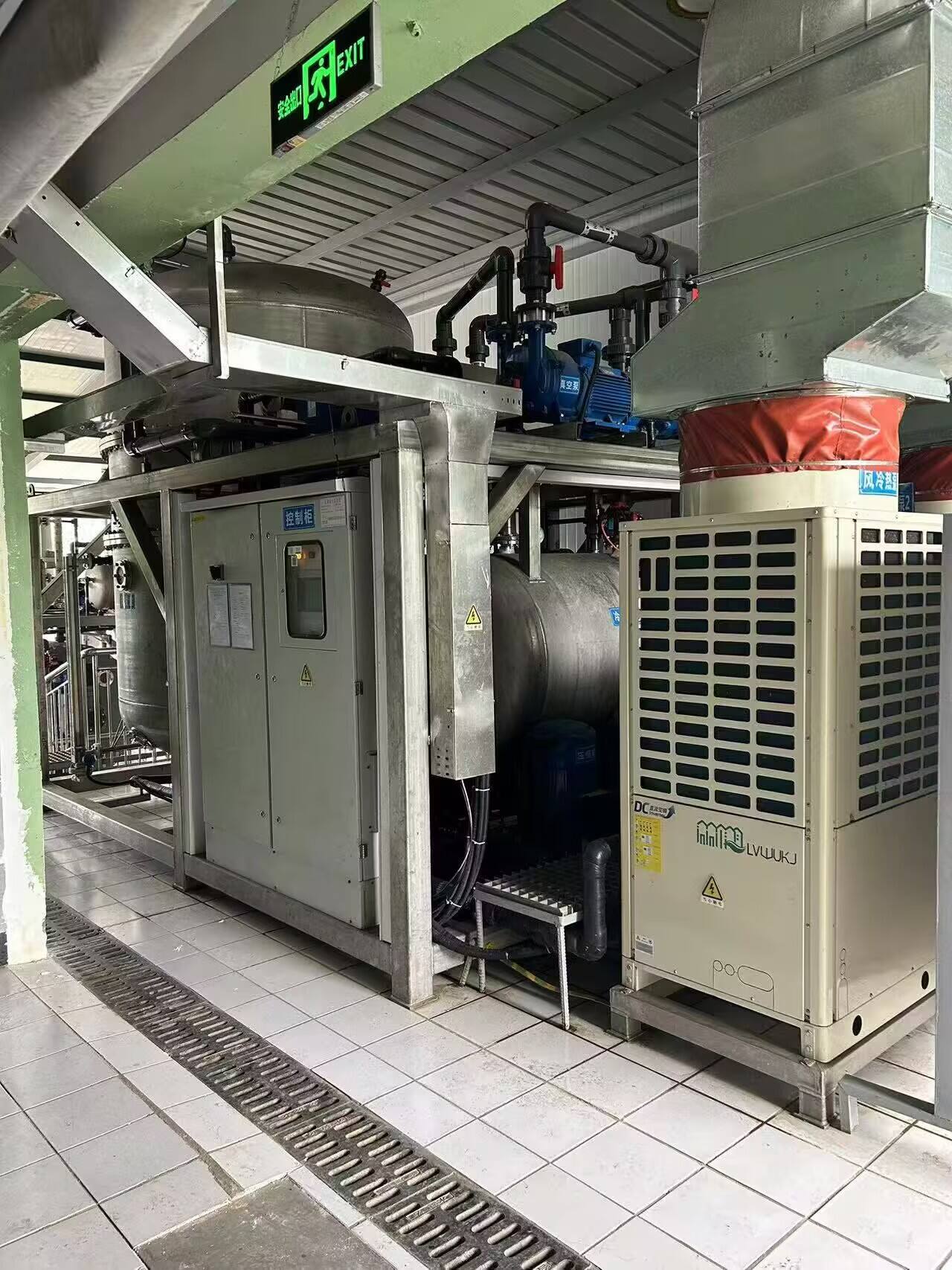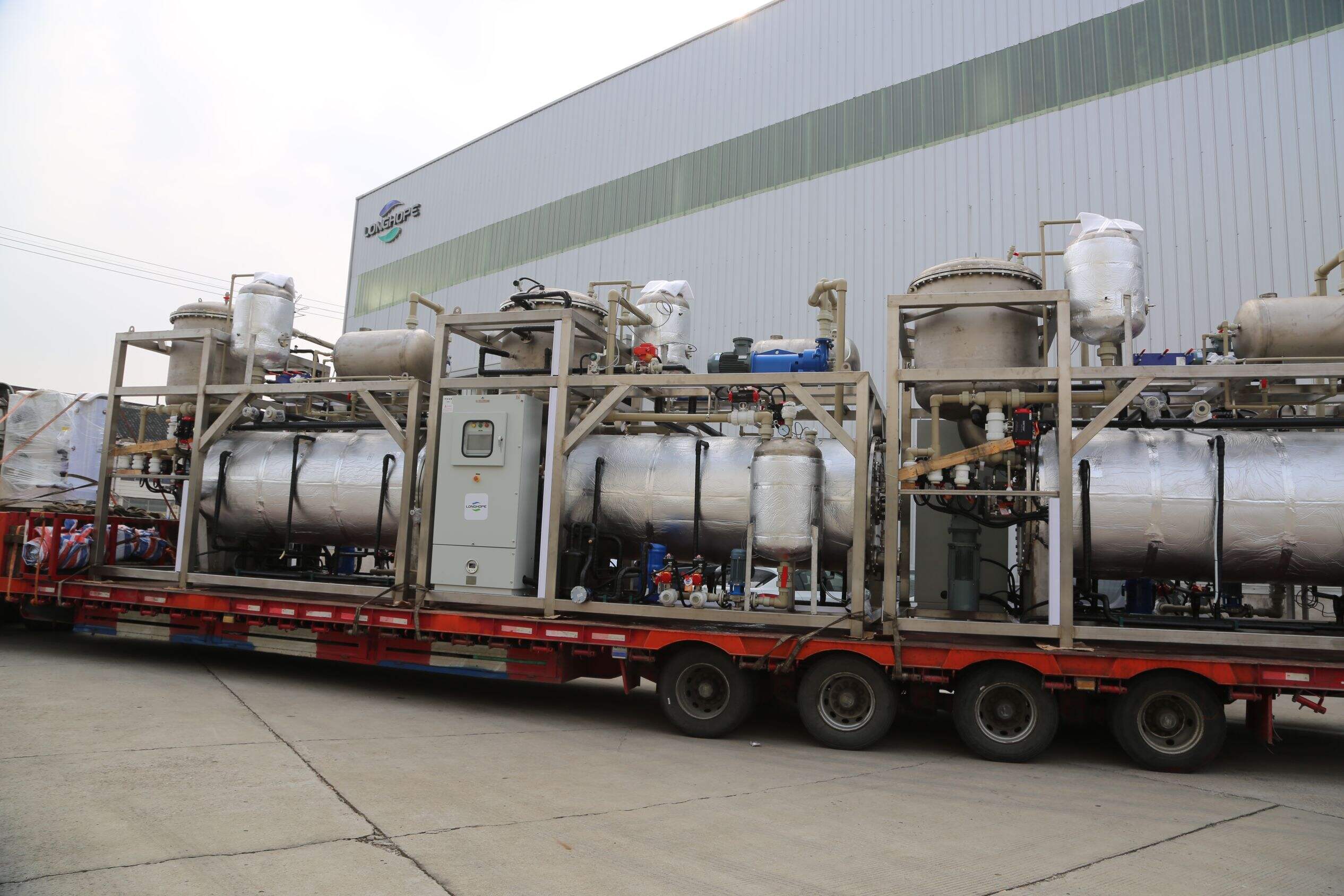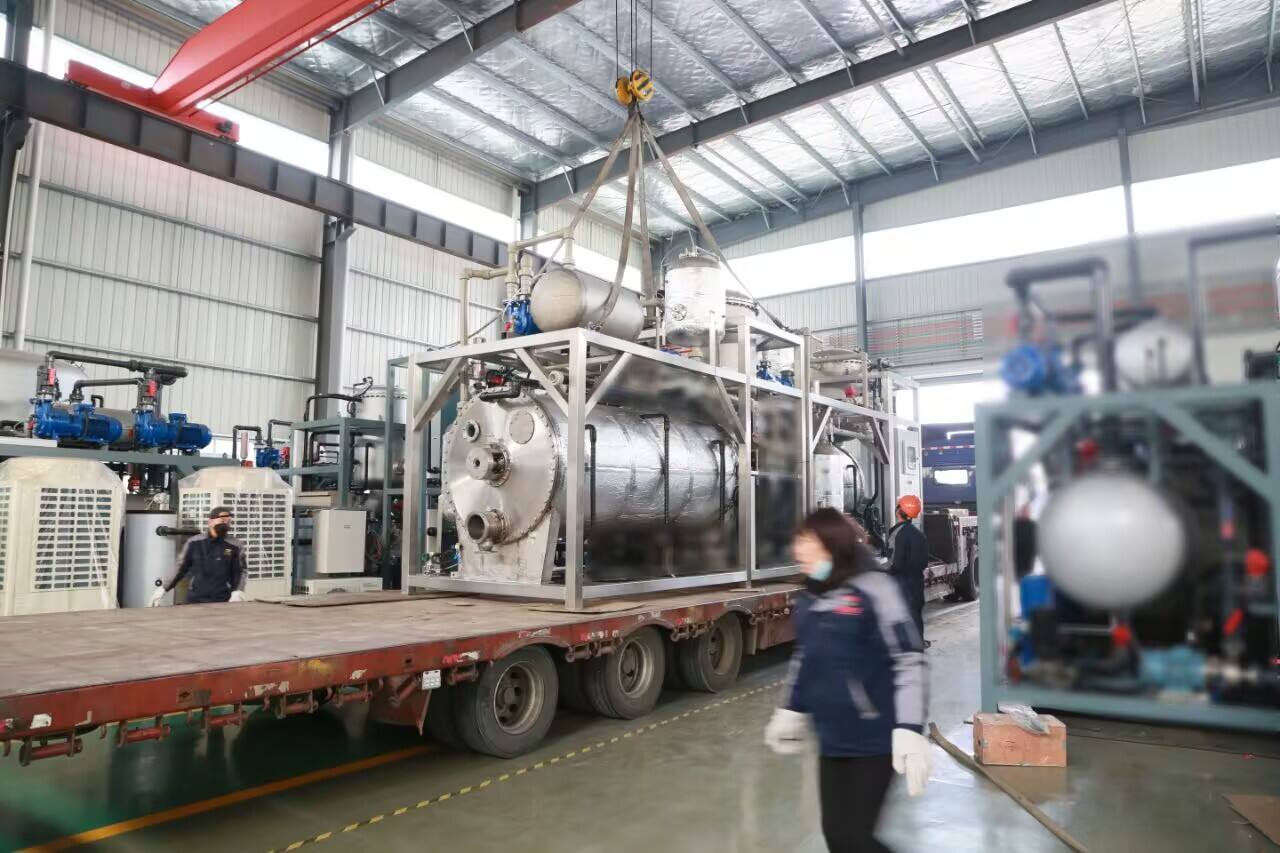industrial waste water treatment plant
An industrial wastewater treatment plant represents a sophisticated system designed to purify and process contaminated water from manufacturing and industrial processes. These facilities employ a comprehensive range of physical, chemical, and biological treatment methods to remove pollutants, ensuring the treated water meets environmental standards before discharge. The plant typically consists of multiple treatment stages, including primary treatment for removing solid materials, secondary treatment utilizing biological processes to break down organic compounds, and tertiary treatment for final polishing of the water. Advanced features include automated monitoring systems, precise chemical dosing equipment, and state-of-the-art filtration technologies. The plant can handle various types of industrial effluents, from heavy metal-contaminated water to organic waste-laden streams. Modern facilities incorporate real-time monitoring capabilities, allowing operators to adjust treatment parameters instantly for optimal performance. These plants are essential for industries such as chemical manufacturing, food processing, pharmaceutical production, and metal finishing, helping them maintain regulatory compliance while minimizing environmental impact.


